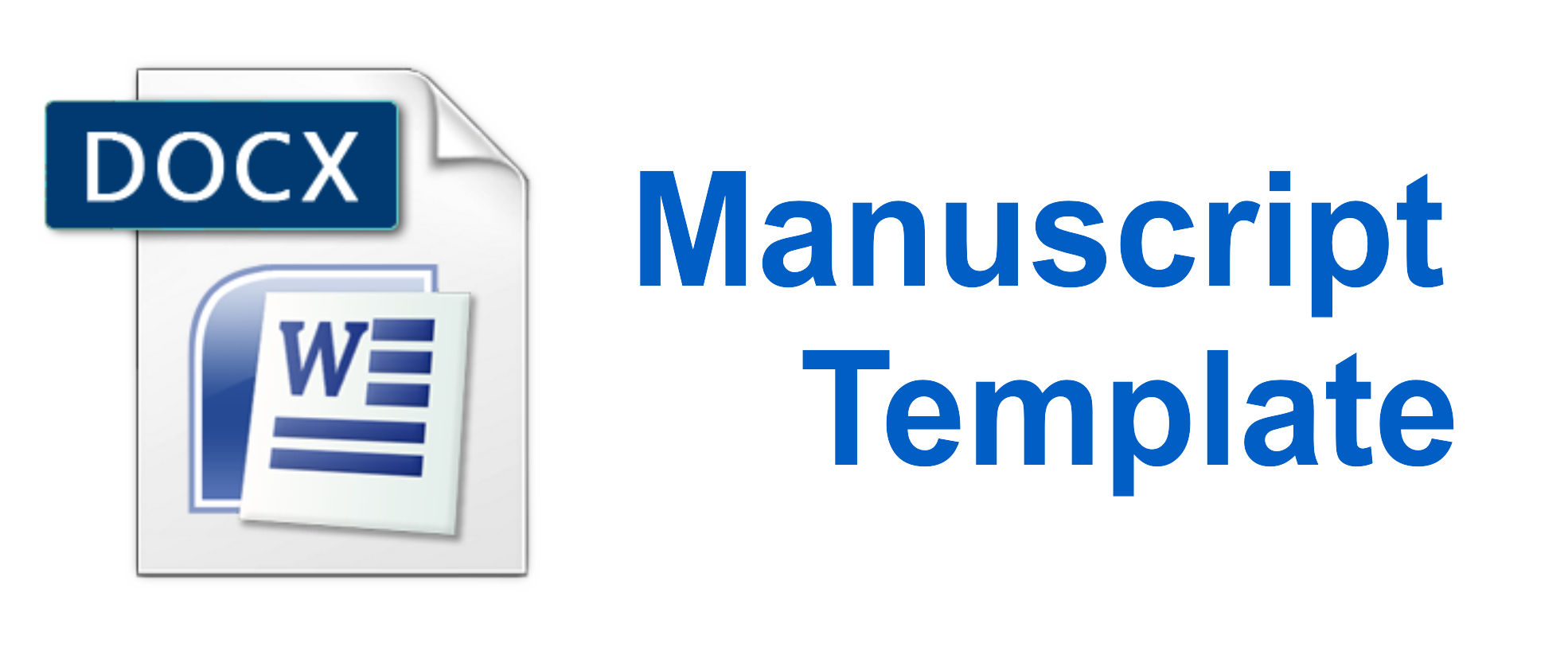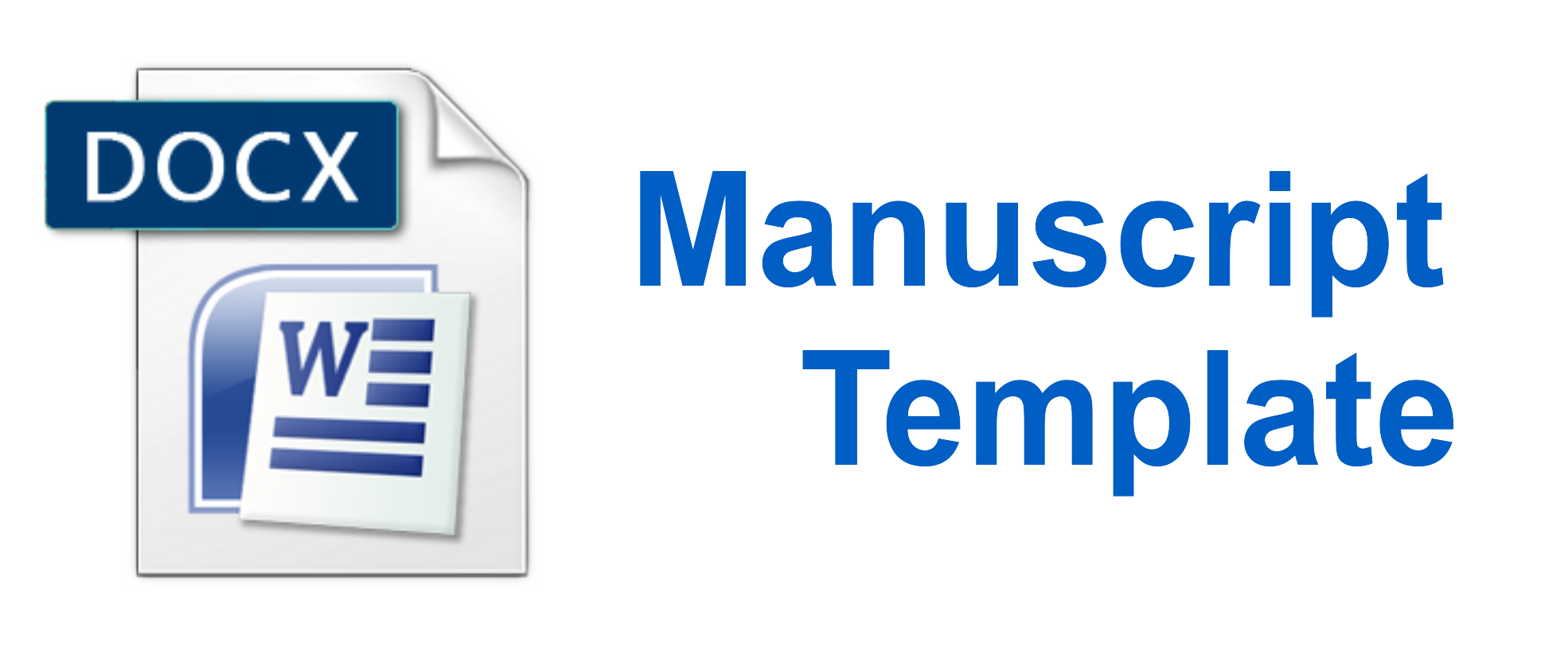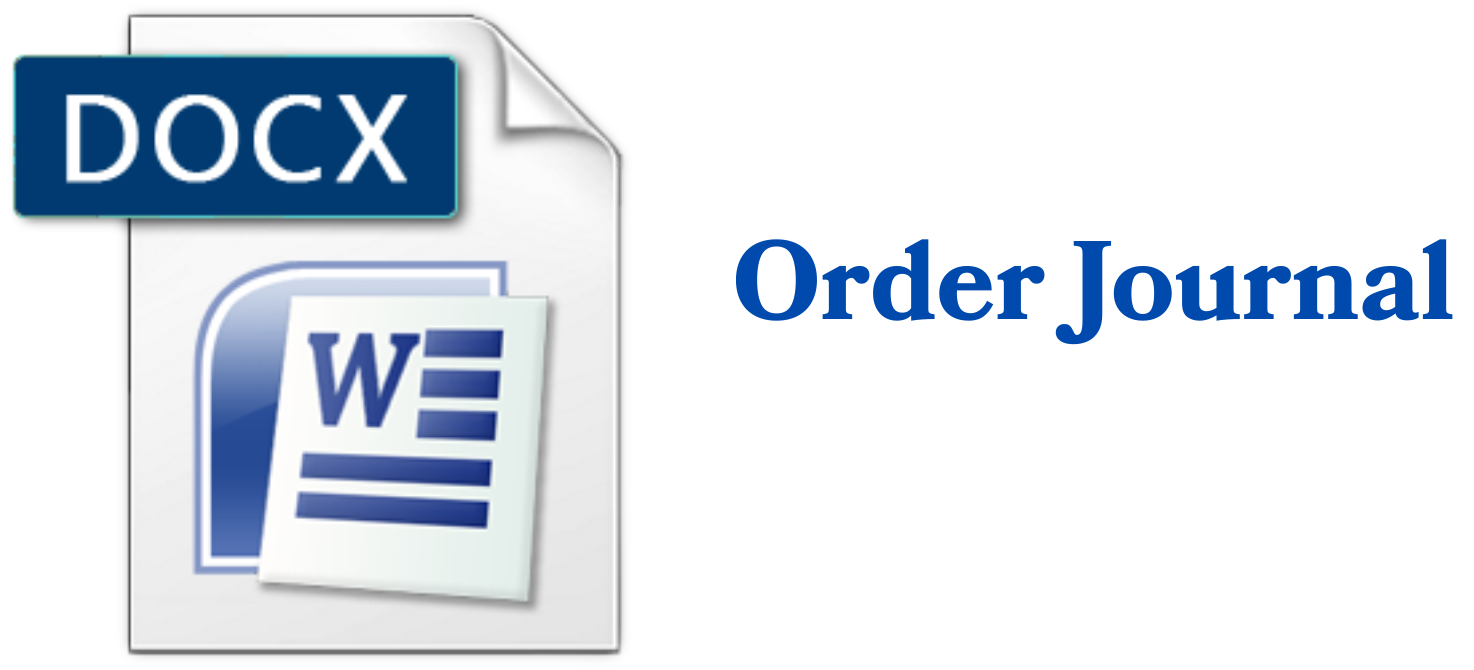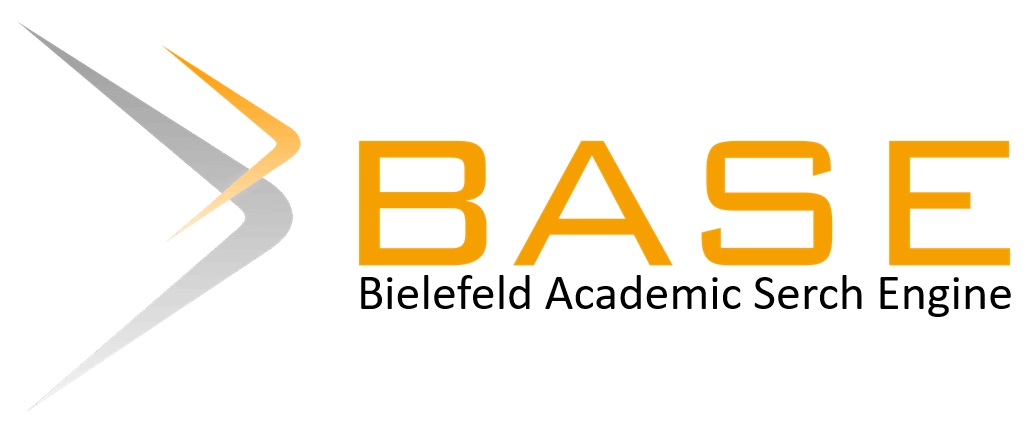MODEL PEWARISAN KEPEMIMPINAN DZURRIYYAH DI PESANTREN SITUBONDO DAN PROBOLINGGO
DOI:
https://doi.org/10.35316/edupedia.v3i1.319Keywords:
Inheritance, Leadership, DzurriyyahAbstract
Substantive findings show: First, the model of leadership inheritance of each dzurriyyah; charismatic, managerial, and transcendent-transformative, by: a) introducing their regeneration to the guest who visitingIslamic boarding school, b) oblige potential alumni settled in Islamic boarding school environment, c) developing managerial leadership model,d) determining regulation and policy of Islamic boarding school through transcendent approach. For maintain the sustainability of two Islamic boarding school, the leadership model used byKiai is keeps the dzurriyyah line, with priority; a) sons, b) dzurriyyah directly, c) the nearest immediate offspring, and d) the nearest indirect offspring. Second, the inheritance model in maintain the quality of knowledge of kiai, based on the principles including: a) maintainingthe continuity of teacherswith their predecessors, b) maintaining the continuity of place where the study of his predecessors, c) building, perfecting, and developing Islamic boarding school institution. Third, the networking model in Islamic boarding schoolinstitution by several ways involve:a) build strategic places such as hotels in Makkah, restaurants, establish relationships with various state ministries, and maintain the heritage of Islamic boarding school, b) build a place for community service and empowerment such as gas stations, fishing boats, a mediator of tobacco farmers with PT Gudang Garam, and establish relationships with Islamic boarding school’s givers.
Additional Files
Published
How to Cite
Issue
Section
License
Edupedia: Jurnal Studi Pendidikan dan Pedagogi Islam adopts the Creative Commons Attribution–ShareAlike 4.0 International License, which allows users to reproduce, modify, and distribute published articles in any medium for lawful purposes, provided that appropriate attribution is given to the original author(s) and the journal, the license is properly cited, any changes are clearly indicated, and derivative works are distributed under identical licensing terms.
Upon publication in Jurnal Kesehatan Vokasional, authors confer to third parties the rights to use their articles in compliance with the Creative Commons Attribution–ShareAlike 4.0 International License.
Copyright on articles is retained by the respective author(s), without restrictions. A non-exclusive license is granted to Edupedia: Jurnal Studi Pendidikan dan Pedagogi Islam to publish the article and identify itself as its original publisher, along with the commercial right to include the article in a hardcopy issue for sale to libraries and individuals.
![]()















